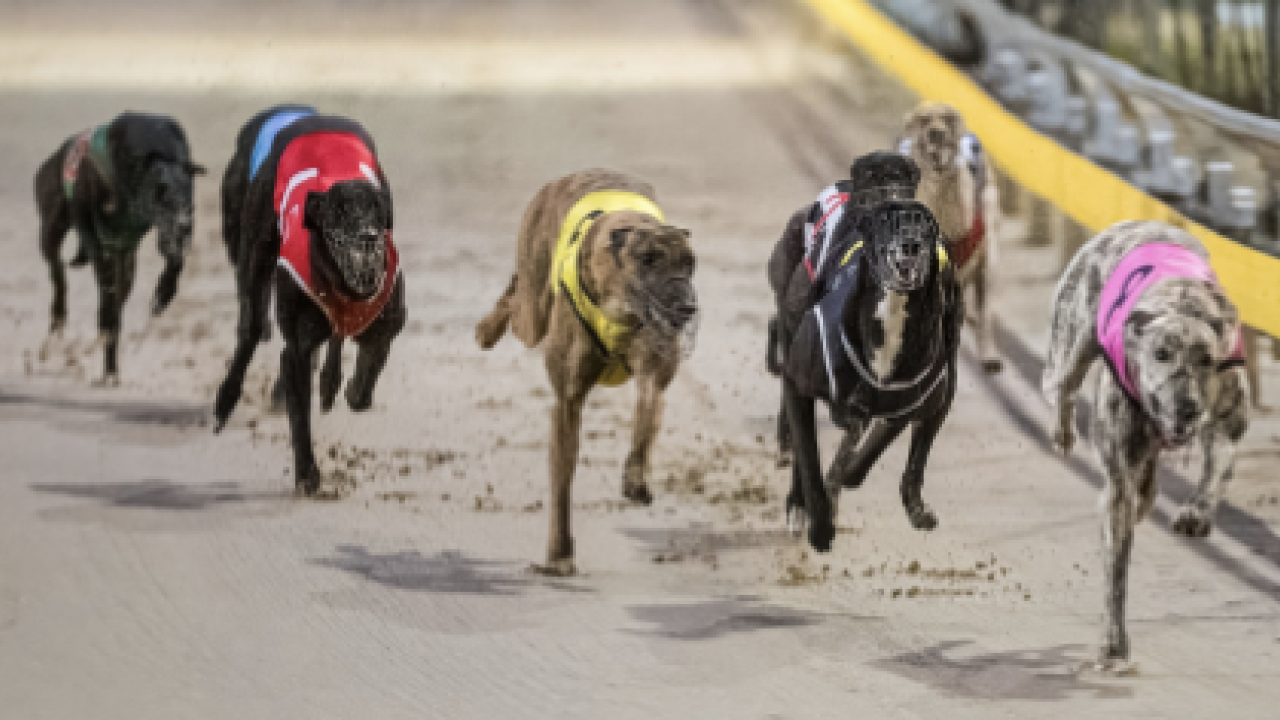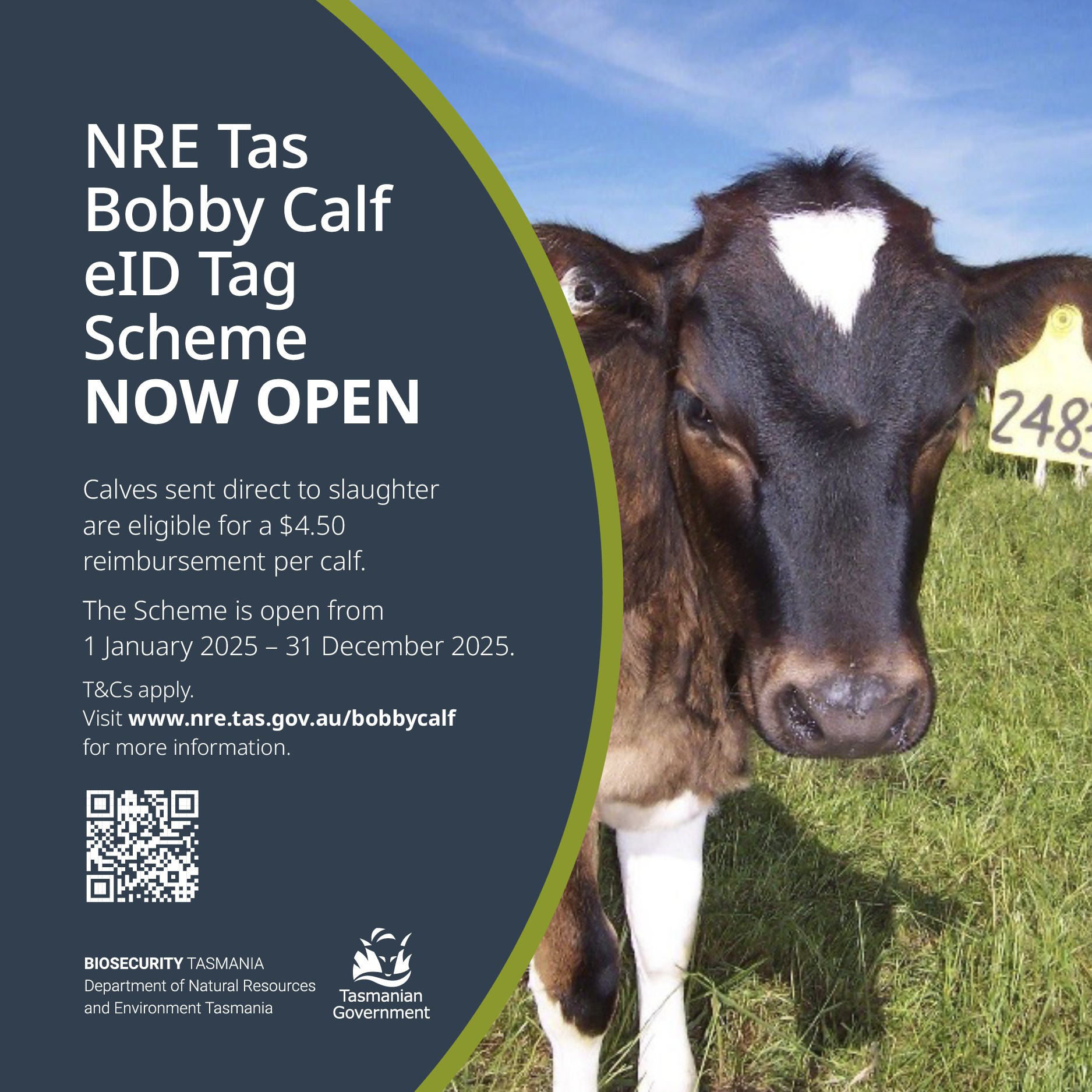Mr Nice Guy No More

Over the past three months Tasmania has witnessed an extraordinary display of political ruthlessness from Mr Nice Guy, Jeremy Rockliff.
Wind the clock back to early June. Premier Rockliff and his Liberal Government were on the ropes. The Ferry Fiasco, the controversial Macquarie Point Stadium, and a widely panned budget which delivered $10 billion of debt and a “pathway to surplus” no one believed had all contributed to a parlous political position where for the first time since 2009, Labor was ahead in the polls.
Sensing his moment (wildly incorrectly, as it turned out), Labor Leader Dean Winter tabled a motion of no confidence which rapidly passed the Parliament.
Politics, like life, is a series of sliding doors moments. It’s already forgotten, but after Mr Rockliff stared down his own party room and advised the Governor to call an election, Mr Winter was offered the chance by the Governor to form a Labor Government and become Premier, with the support (at that time) of the Greens and independents who had just voted Rockliff out. He rejected the opportunity out of hand, instead choosing an election for which it turns out he and his Labor team were hopelessly unprepared.
Premier Winter, we barely knew you!
After the Liberal political machine lead by State Director Sam McQuestin bulldozed the hapless Labor Party in the election campaign, it was in the four weeks between election night and the resumption of Parliament that Premier Rockliff’s political ruthlessness really came to the fore.
Long-standing friendships and political allegiances were shredded as he ejected factional ally Roger Jaensch from the Cabinet to make room for Gavin Pearce and Bridget Archer, and punted Deputy Premier Barnett from the Treasury portfolio to send a message to the crossbench about the budget.
Then, an extraordinary series of policy concessions on forestry, greyhound racing and salmon that were so effective in wooing the crossbench that even the Greens fell over themselves to back him in as Premier when the Parliament resumed.
All elections leave what I like to call election “detritus”, political and policy decisions made in the heat of the election battle which leave a big mess for the winner to clean up afterwards. Often, these are pledges which prove to be impossible to politically deliver when in government.
This election has injected something new into this mix: post-election detritus. In the course of throwing overboard everything that wasn’t nailed down (except the Stadium) to lock-in government, the Premier set Tasmanian land-speed records for trashing his own election promises, with even personally signed letters proving meaningless.
More significantly, the Premier has set some very concerning precedents for the future.
New Franklin Independent MP Peter George must be wondering why people think this politics lark is so hard, he presented the Premier a list of five demands regarding salmon, and had four of them by sundown. No doubt he thinks that his fifth demand, a 15 per cent royalty on the salmon industry, won’t be hard to get later on.
Notwithstanding the outstanding Liberal campaign, the Rockliff Government only has 13 votes of their own on the floor of the 35 seat House of Assembly (A fourteenth, Jacqui Petrusma, was elected Speaker and only votes in the event of a tie). Former Labor Leader, independent David O’Byrne, has pledged confidence and supply. That gets them to back to 14 votes, well shorted of the 18 required to guarantee confidence and supply.
For all of new Labor leader Josh Willie’s pledges to be constructive and not take any “shortcuts” to power, it only takes Mr George and a few of his independent friends to have a bad hair day and the Rockliff Government will again be on the brink.
At the same time, while mouthing the words that they support “traditional industries” such as salmon and forestry, and maintaining support for the Macquarie Point Stadium, it seems only a matter of time before Labor under Mr Willie lurches to the left in an over-reaction to their defeat, and an attempt to differentiate from the Liberals.
Which when combined with the Greens and “progressive” independents, leaves the Liberals governing at the whim of a decidedly left wing, anti-business Parliament.
No wonder the business sector is nervous, and interstate and foreign investors are pausing or cancelling investment plans in Tasmania.
What else will the ruthless Premier jettison in order to stay in Government? The Macquarie Point Stadium seems sacrosanct. But what about the Liberals’ pledge to no tax increases? The budget is seriously cooked and it’s hard to see the Parliament supporting any sort of budget repair that doesn’t include tax increases.
Tasmania has now had four elections in the past seven years, three in the past four years, and two in the past eighteen months. It’s instructive that the two elections held since the size of the Parliament was increased to 35 have both delivered hung parliaments. In contrast, in the 22 years prior to that under the 25 seat model, there was only one hung parliament (2010).
Nor has the increase in size delivered the great injection of new talent we were promised. There are now no fewer than six former members of the Federal Parliament in the State Parliament, four of whom are Ministers.
The chatterati and Salamanca Bubble love hung parliaments and the policy compromises that eventuate, because the compromising is almost always made by their political opponents.
But the reality is, history shows that hung parliaments are bad for Tasmania, economically and politically.
It’s early days, but the signs for the 52nd Parliament are not looking much better.
- Brad Stansfield is a partner at Font PR and part-owner of this newspaper




Add new comment